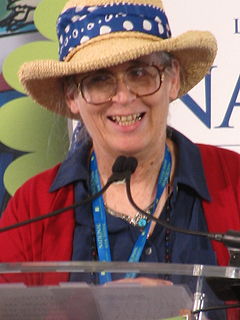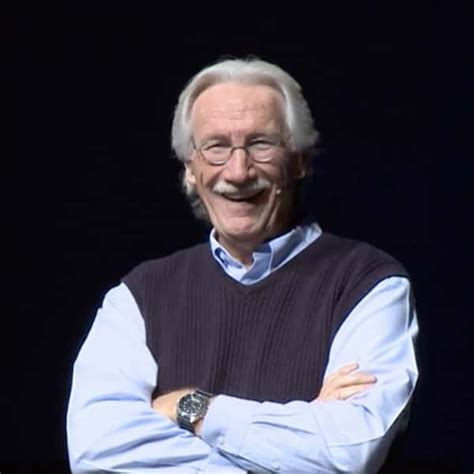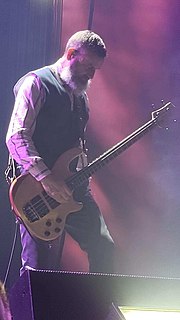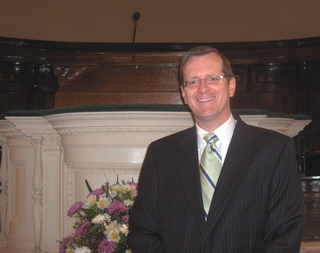A Quote by Rollo May
Good art wounds as well as delights. It must, because our defenses against the truth are wound so tightly around us. But as art chips away at our defenses, it also opens us to healing potentialities that transcend intellectual games and ego-preserving strategies.
Related Quotes
In order to be truthful
We must do more than speak the truth.
We must also hear truth.
We must also receive truth.
We must also act upon truth.
We must also search for truth.
The difficult truth
Within us and around us.
We must devote ourselves to truth.
Otherwise we are dishonest
And our lives are mistaken.
God grant us the strength and the courage
To be truthful.
Amen
An ad that pretends to be art is - at absolute best - like somebody who smiles warmly at you only because he wants something from you. This is dishonest, but what's sinister is the cumulative effect that such dishonesty has on us: since it offers a perfect facsimile or simulacrum of goodwill without goodwill's real spirit, it messes with our heads and eventually starts upping our defenses even in cases of genuine smiles and real art and true goodwill. It makes us feel confused and lonely and impotent and angry and scared. It causes despair.
Emotional healing is almost always a process. It takes time. There is a very important reason for this. Our heavenly Father is not only wanting to free us from the pain of past wounds, he is also desirous of bringing us into maturity, both spiritually and emotionally. That takes time, because we need time to learn to make the right choices. He loves us enough to take the months and years necessary to not only heal our wounds, but also build our character. Without growth of character we will get wounded again.
Our God, who art our winged self, it is thy will in us that willeth.
It is thy desire in us that desireth.
It is thy urge in us that would turn our nights, which are thine, into days which are thine also.
We cannot ask thee for aught, for thou knowest our needs before they are born in us:
Thou art our need; and in giving us more of thyself thou givest us all.
Of one thing we can be sure: our own future is inseparable from the larger community that brought us into being and which sustains us in every expression of our human quality of life, in our aesthetic and emotional sensitivities, our intellectual perceptions, our sense of the divine, as well as in our physical nourishment and bodily healing.
A relationship that has any depth and power at all will inevitably penetrate our usual shield of defenses, exposing our most tender and sensitive spots, and leaving us feeling vulnerable - literally, 'able to be wounded.' To love, in this sense, is to open ourselves to being hurt. The dream of love would have us believe that something is wrong if a relationship causes us pain. Yet trying to avoid the wound of love only creates a more permanent kind of damage. It prevents us from opening ourselves fully, and this keeps us from ever forming a deeply satisfying intimate connection.
Wounding and healing are not opposites. They're part of the same thing. It is our wounds that enable us to be compassionate with the wounds of others. It is our limitations that make us kind to the limitations of other people. It is our loneliness that helps us to to find other people or to even know they're alone with an illness. I think I have served people perfectly with parts of myself I used to be ashamed of.
That morning I experienced vividly, if almost subliminally, the reality of change itself: how it fools our sentinels and undermines our defenses, how careful we are to look for it in the wrong places, how it does not reveal itself until it is beyond redress, how vainly we search for it around us and find too late that is has occurred within us.
Education doesn’t make you happy. Nor does freedom. We don’t become happy just because we’re free – if we are. Or because we’ve been educated – if we have. But because education may be the means by which we realize we are happy. It opens our eyes, our ears, tells us where delights are lurking, convinces us that there is only one freedom of any importance whatsoever, that of the mind, and gives us the assurance – the confidence – to walk the path our mind, our educated mind, offers.






































